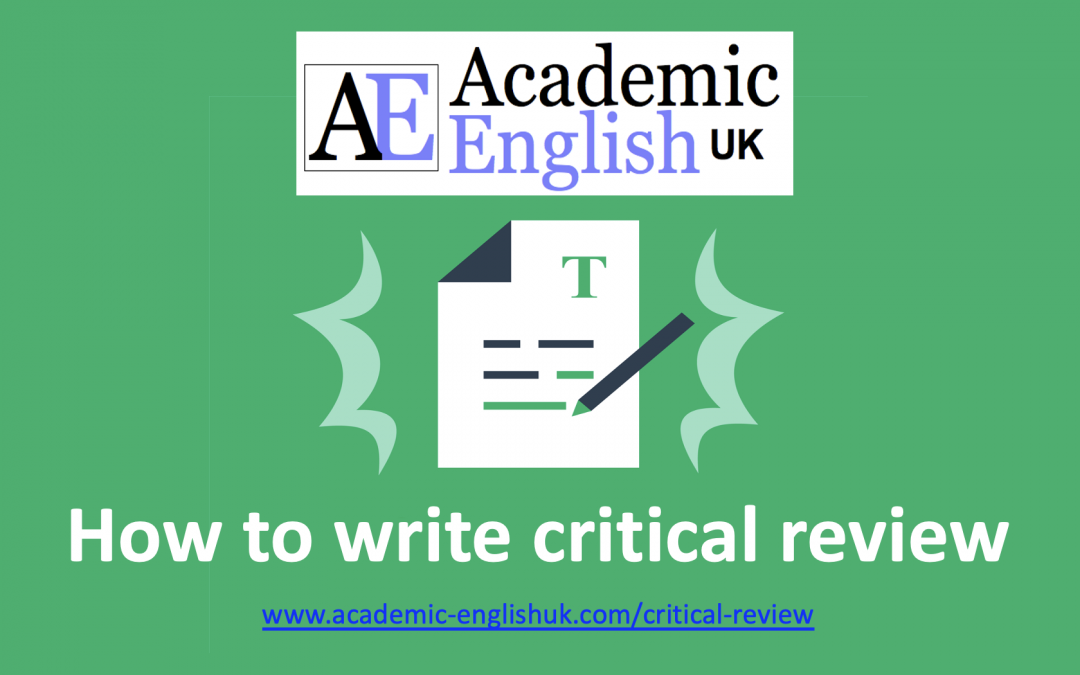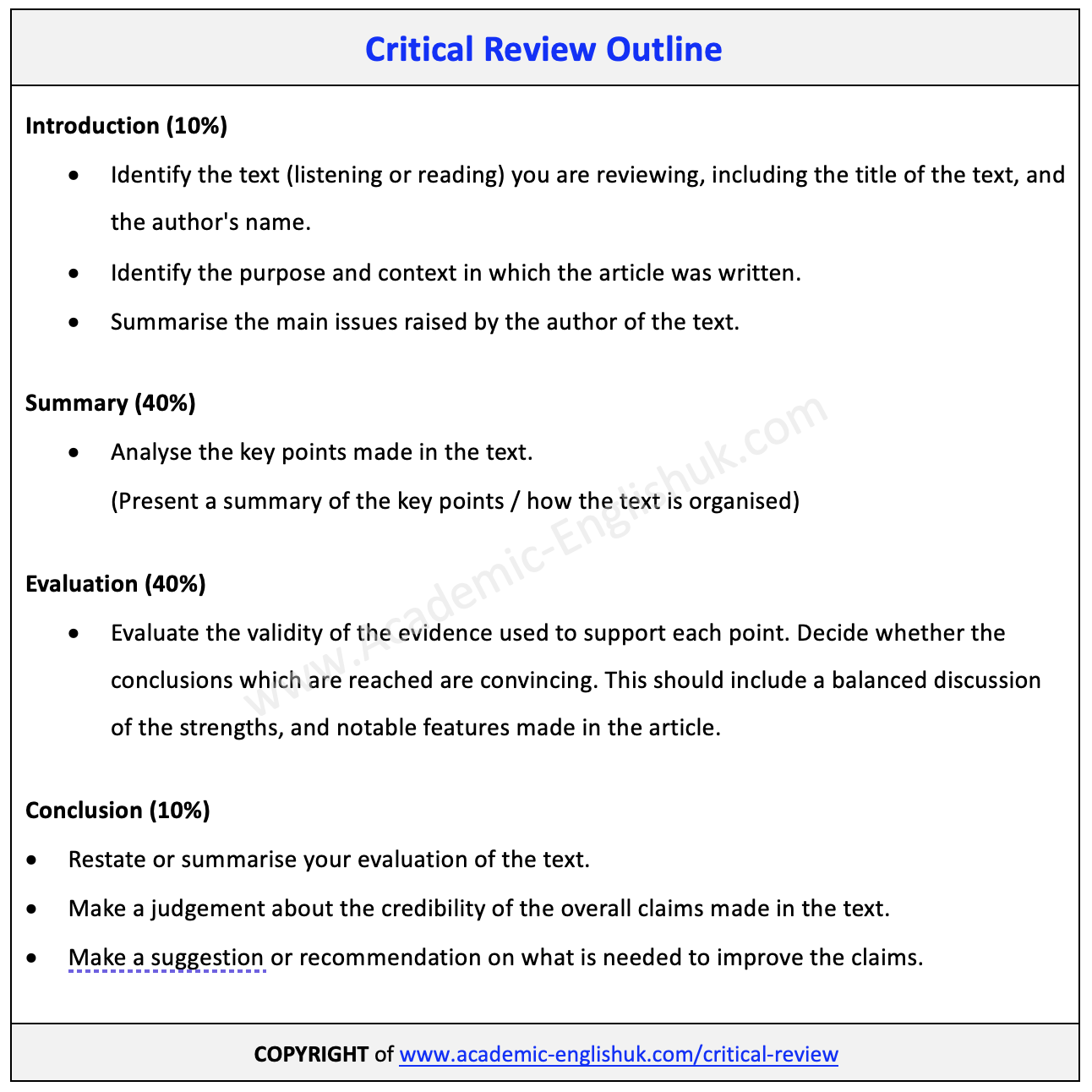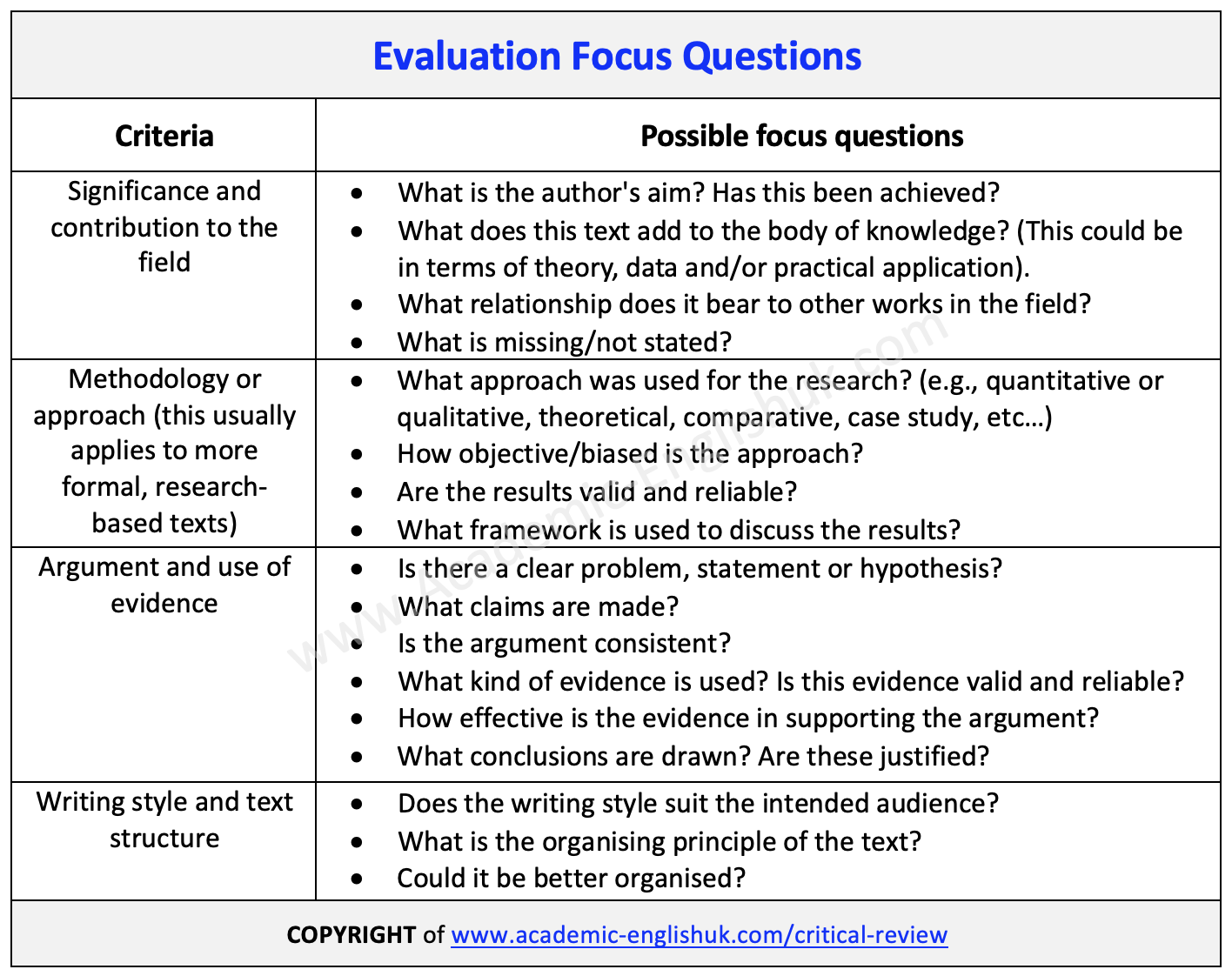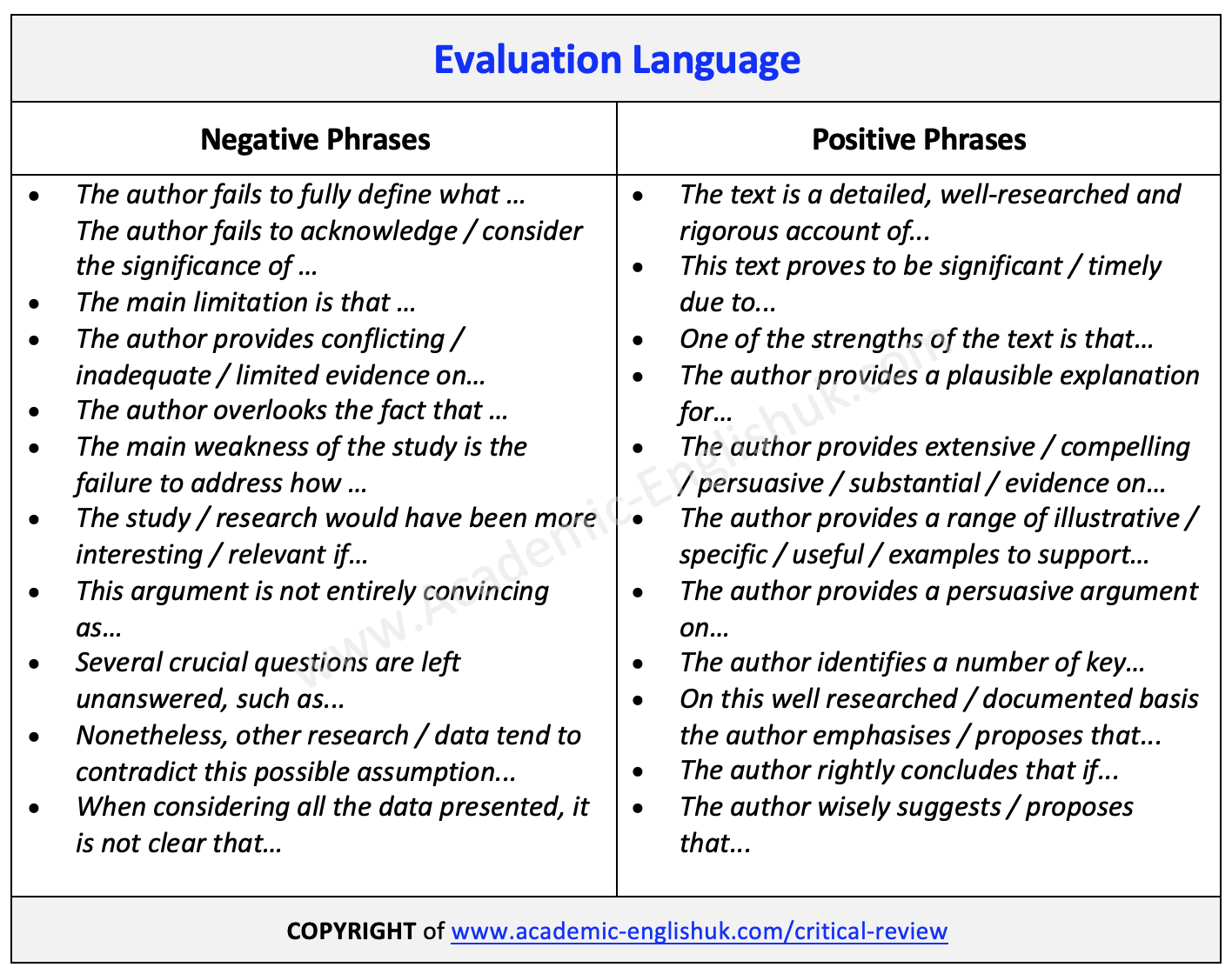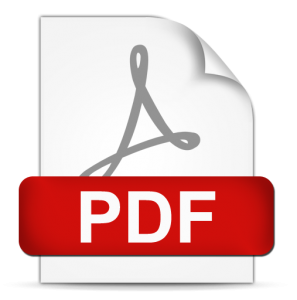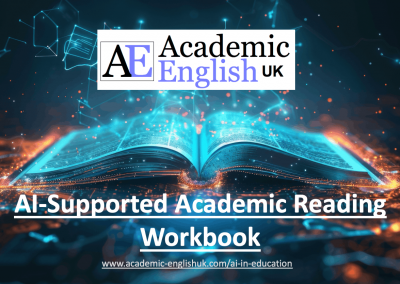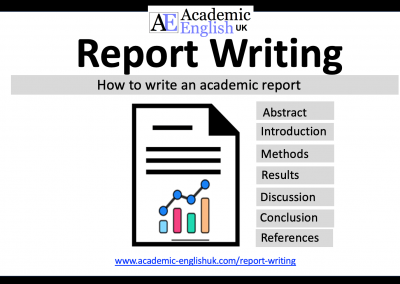Critical Review
What is a critical review?
In very simply terms, a critical review or appraisal is an academic review of an article that offers both a summary and critical comment. Book reviews, movie reviews, critical reviews and literature reviews all perform a similar task of evaluating or appraising how well various texts and artistic productions achieve their goals of communicating with the reader, or a wider audience (Charles Strut University, 2024.)
A critical review (sometimes called a critique, critical commentary, critical appraisal, critical analysis) is a detailed commentary on and critical evaluation of a text. To be critical does not mean to criticise in an exclusively negative manner. To be critical of a text means you question the information and opinions in the text, in an attempt to evaluate or judge its worth overall (University of Southampton, 2024).
A critical review is not just a summary. It is an evaluation of what an author has said about a topic. It is critical in the sense that it is a thoughtful consideration of the validity and accuracy of the author’s claims; considers the benefits and limitations of the author’s point of view; and identifies other valid points of view (Monash University, 2024).
A critical review usually includes the following parts: Summary (What is the text about?), a critical analysis & evaluation (both positive and negative evaluations, e.g. What does the text contribute to the field? What are the limitations of the writer’s approach/conclusions?), and a recommendation (in light of your analysis and evaluation, how should others view this text?) (Western Sydney University, 2024).
Critical Review Download
Critical Review: how to write a critical review (new 2024)
This lesson provides students with the knowledge and practice on how to write a critical review. It includes university critical review definitions, a four-part structure critical review outline, evaluation questions, evaluation phrases, a critical review essay analysis and writing practice. Example. Level: ***** [B1/B2/C1] TEACHER MEMBERSHIP / INSTITUTIONAL MEMBERSHIP
*
Critical Analysis Reading Texts
Text Analysis 1: Going to university
Text Analysis 1: Going to University (updated 2024)
A great lesson for developing and practising critical thinking reading skills. It is a 400-word text on ‘going to university’ with over 15 possible problems. Students use the higher level thinking skills of analysis and evaluation to examine, question and critique the text. Example. Level: ***** [B1/B2/C1] TEACHER MEMBERSHIP / INSTITUTIONAL MEMBERSHIP
*
Text Analysis 2: Cost-of-living crisis
Text Analysis 2: Cost-of-Living Crisis (new 2024)
A great lesson for developing and practising critical thinking reading skills. It is a 400-word text on ‘the cost-of-living crisis’ with over 18 possible problems. Students use the higher level thinking skills of analysis and evaluation to examine, question and critique the text. Example. Level: ***** [B1/B2/C1] TEACHER MEMBERSHIP / INSTITUTIONAL MEMBERSHIP
*
Text Analysis 3: Climate Change
Text Analysis 3: Climate Change: The Turning Point (new 2024)
A great lesson for developing and practising critical thinking reading skills. It is a 400-word text on ‘Climate Change’ with over 24 possible problems. Students use the higher level thinking skills of analysis and evaluation to examine, question and critique the text. Example. Level: ***** [B1/B2/C1] TEACHER MEMBERSHIP / INSTITUTIONAL MEMBERSHIP
*
Text Analysis 4: Climate Change
Text Analysis 4: Population Growth (new 2024)
A great lesson for developing and practising critical thinking reading skills. It is a 400-word text on ‘population growth’ with over 20 possible problems. Students use the higher level thinking skills of analysis and evaluation to examine, question and critique the text. Example. Level: ***** [B1/B2/C1] TEACHER MEMBERSHIP / INSTITUTIONAL MEMBERSHIP
*
Text Analysis 5: Data Centres
Text Analysis 5: Data Centres (new 2024)
A great lesson for developing and practising critical thinking reading skills. It is a 400-word text on ‘data centres’ with over 26 possible problems. Students use the higher level thinking skills of analysis and evaluation to examine, question and critique the text. Example. Level: ***** [B1/B2/C1] TEACHER MEMBERSHIP / INSTITUTIONAL MEMBERSHIP
*

